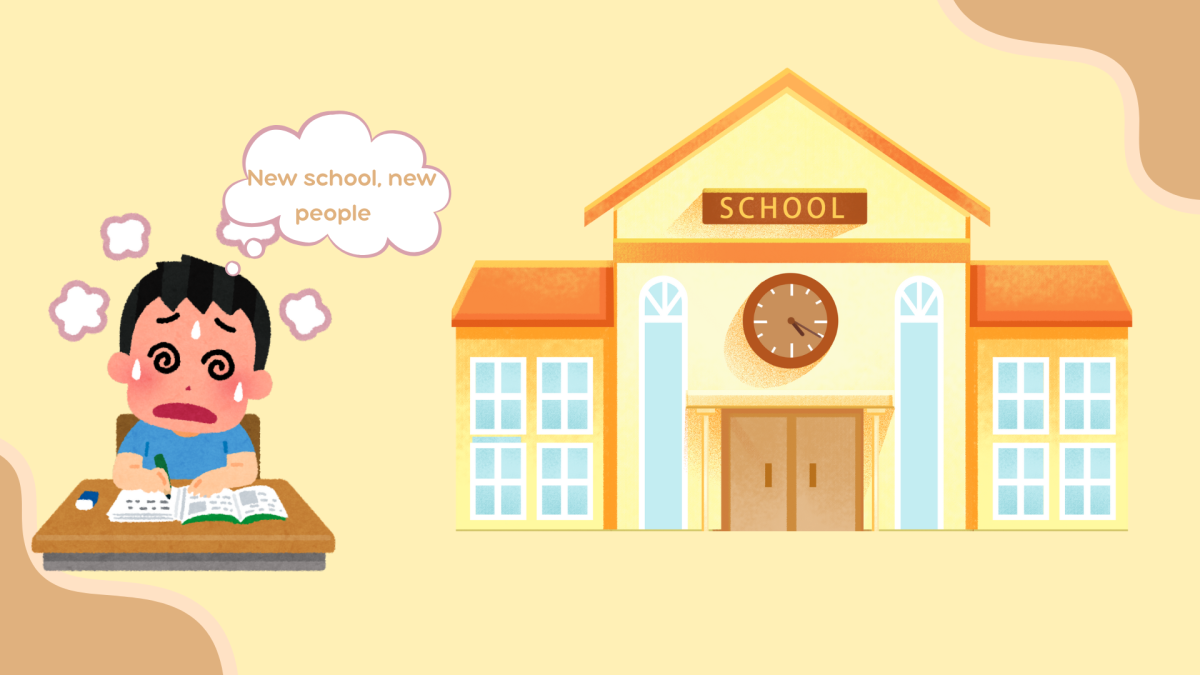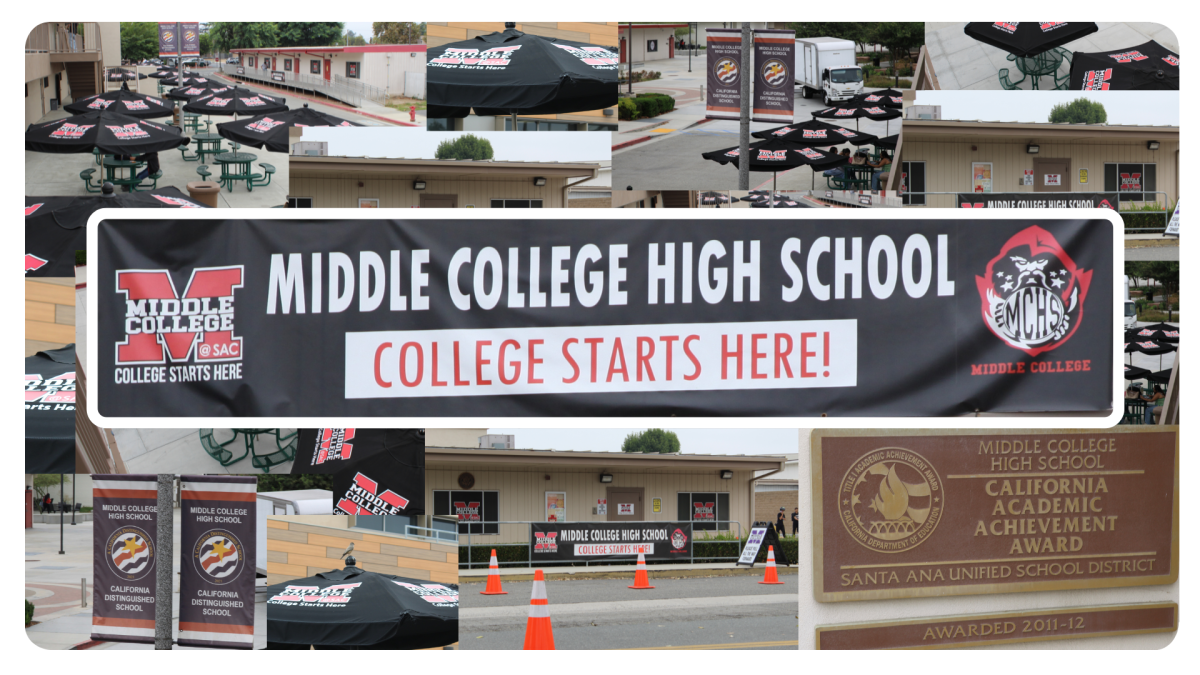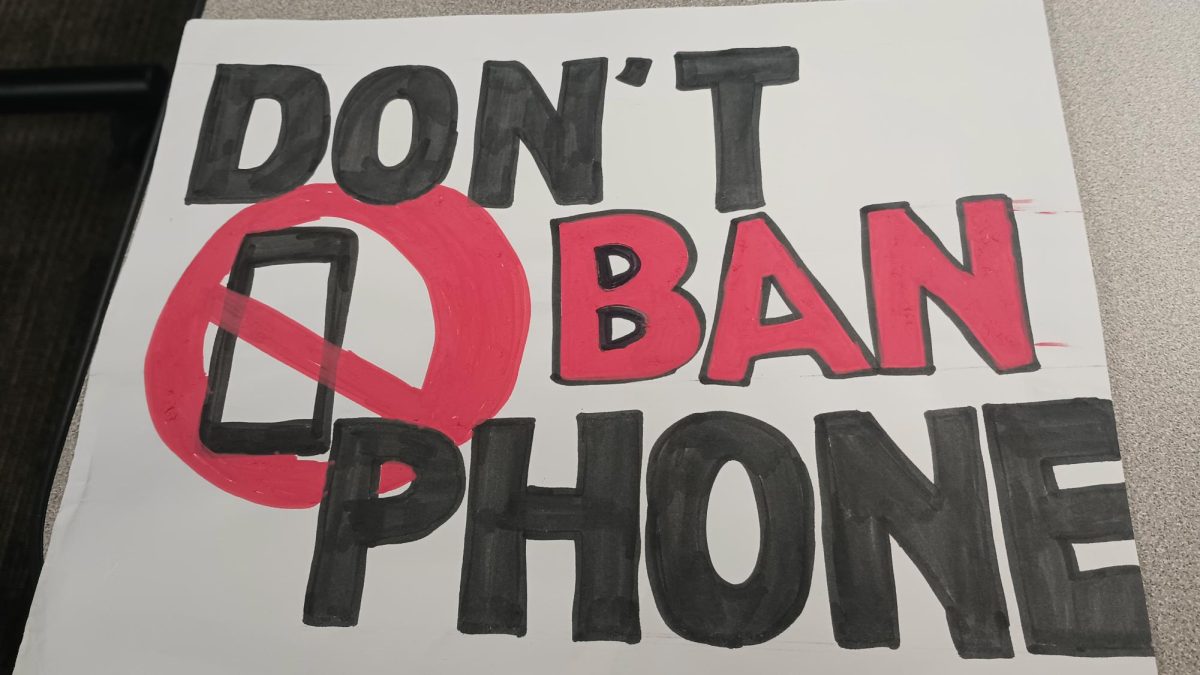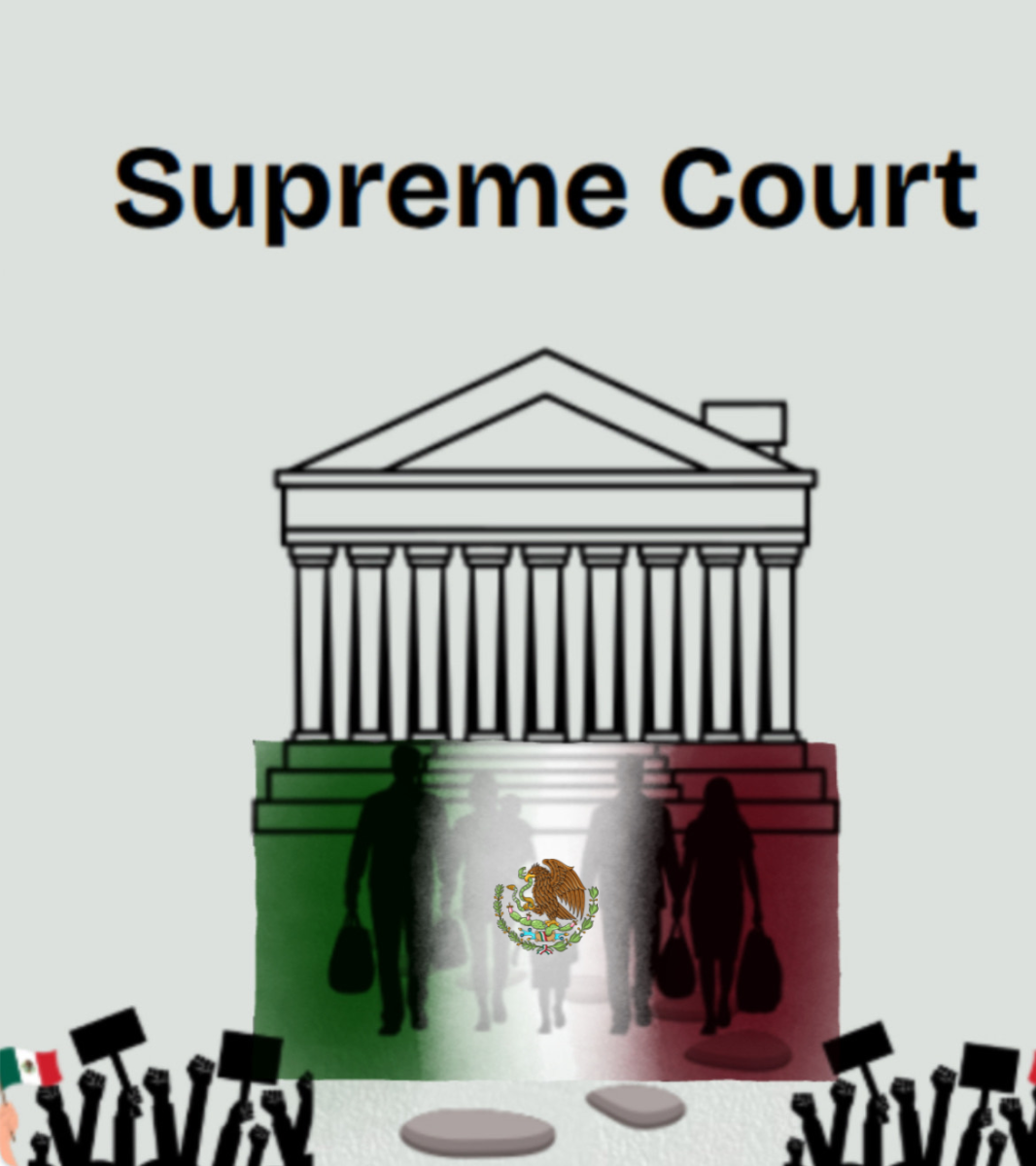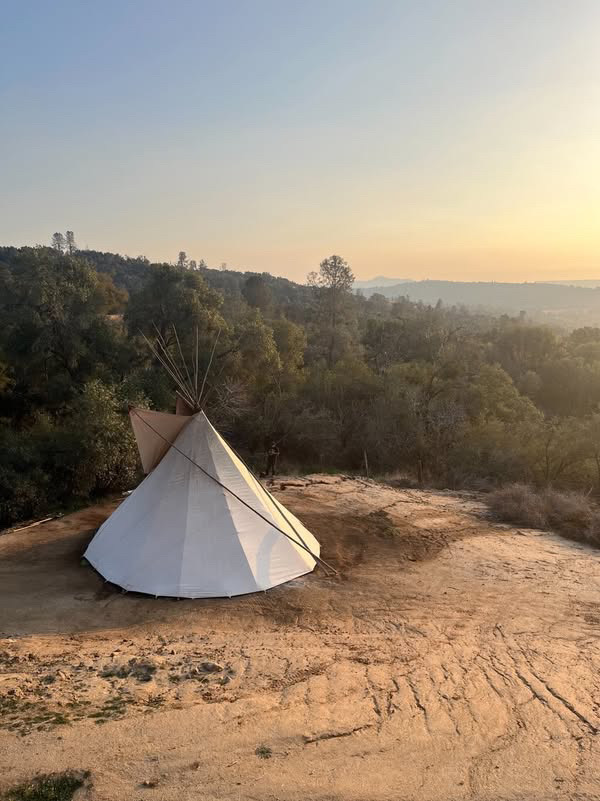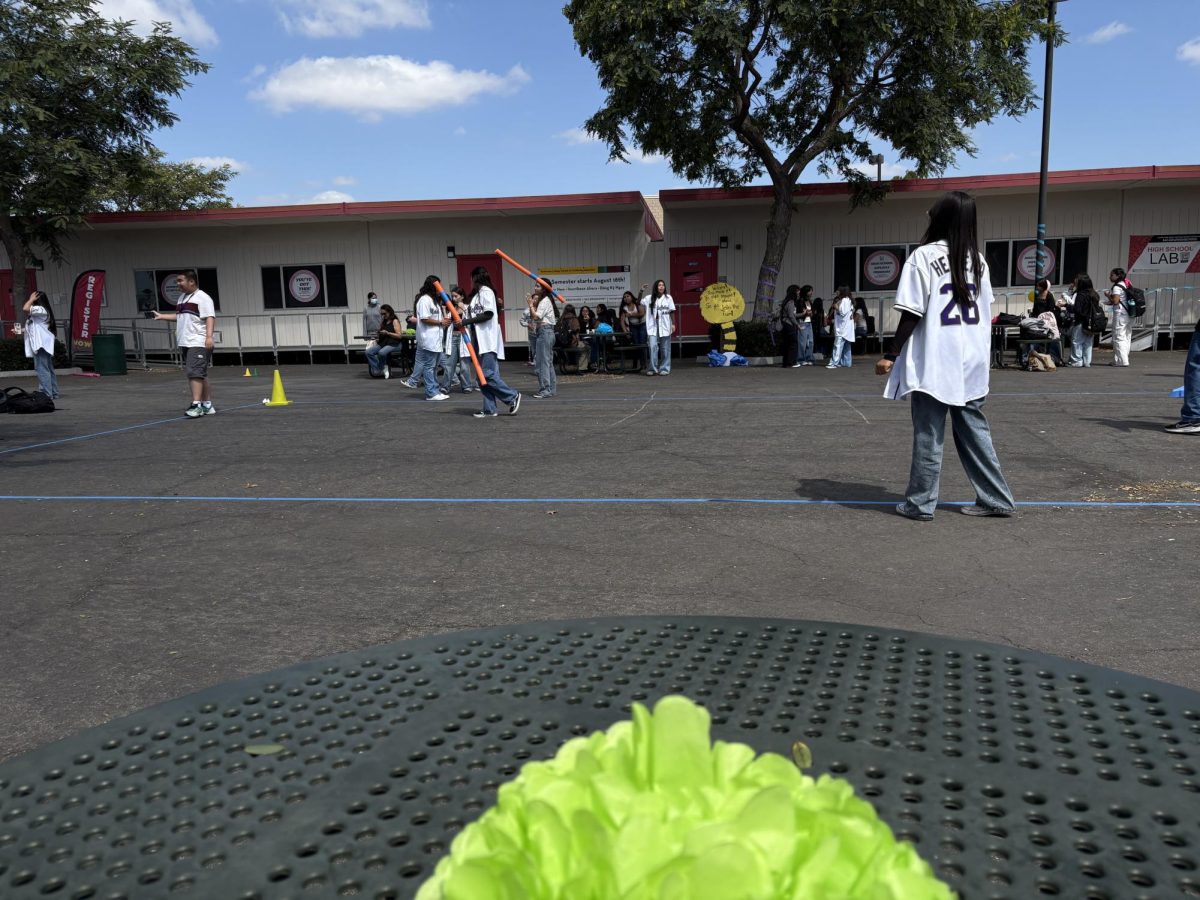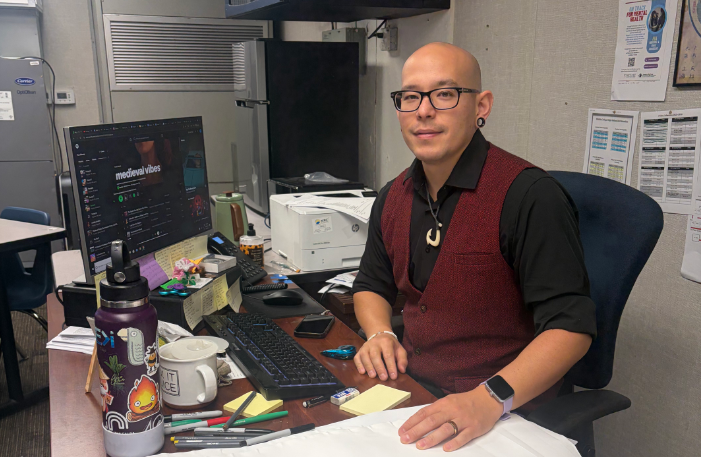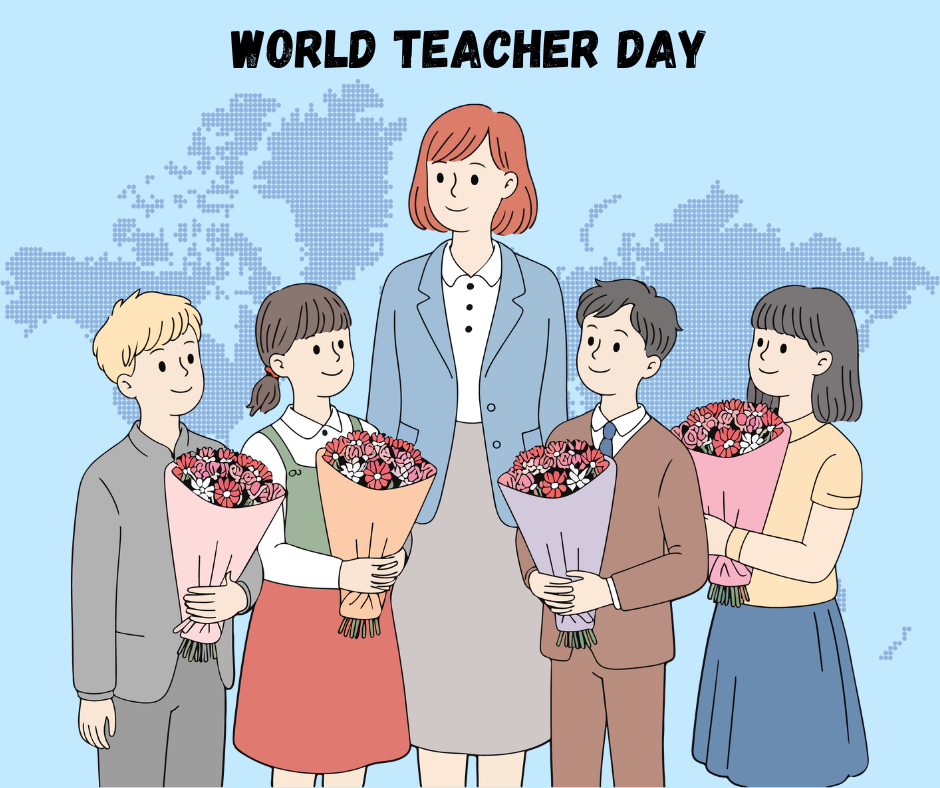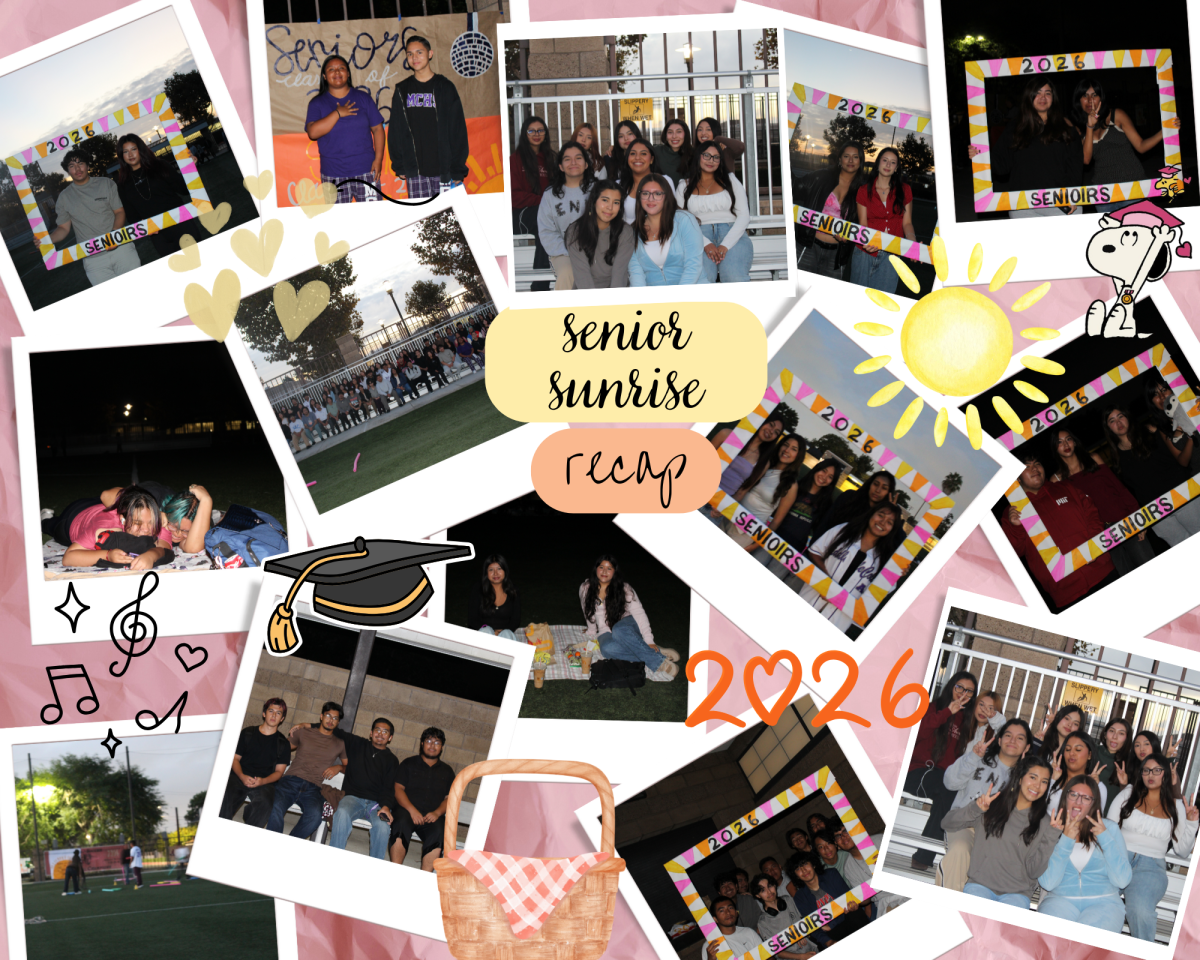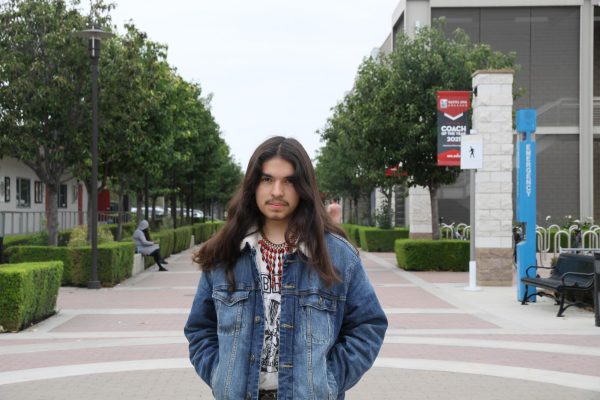Indigenous people and their culture have always been present in the land of the United States. From the mountains to the desert and forests, they have always been here. Many of the reservations have their own land and their own governments in state land, often treated as their own nation. Though many of these nations are still under federal regulation and have to go through inspection, but under the new administration that could all change. So how do Indigenous people of different backgrounds view not only the election, but also society, and activism?
Lots of nations are under the consideration of NEPA, which is the government agency that implements policies and goals to protect and strengthen the land of the U.S. This means that nations have to go through different inspections when spending federal money, which unfortunately means that development of land and cities are slow and costly. How do the people who hold seats in these nations’ governments think that would change under the new administration, and how do they think it would help the citizens?
Attorney general of the Navajo Nation, Ethel Branch, expresses her opinion.
“I think there’s going to be more deregulation, which could be really helpful for Indian Country, because we are heavily regulated,” Branch said.
Branch went on to explain how all federal money the Navajo Nation is given must be through analysis from NEPA, but with deregulation, a lot more can get done.
“It slows down construction and makes something way more expensive than it should have been,” Branch said
The problem that comes with regulation is exactly what Branch said, regulation and constant analysis is what makes building slow and costly. Which is why our voices need to be heard, and it is possible; it’s what makes us citizens, since the government determines our laws, and our lives can be affected. There are plenty of Indigenous people who have their voice heard and have made themselves known, but that comes with issues.
Queer, Indigenous, punk fashion designer Arthur Vargas shares his opinion on this.
“It seems like anyone who’s Indigenous, or brown or black, kind of gets the idea of ‘oh you’re an aggressor’ you know, you’re going against the patriotism,” Vargas said.
Vargas went on to explain that there are ways of protesting, but it needs to be done correctly, and that if somebody is going to protest, they need to do it right.
“I think there needs to be a community that runs these things correctly, as opposed to causing disruption, granted, I’m all for causing disruption,” Vargas said.
However, there is always an effect to both what is being protested, and the ones who are protesting, which Vargas mentions as well.
“Any person of color who goes against, you know, the government or any idea that’s not centralized in whiteness, you know, gets pointed at as an aggressor, or you’re a thug, or you’re ghetto,” Vargas said.
Elder and Puvungna-affiliated Michelle Castillo also shares her thoughts on our voices being heard.
“It’s about becoming advocates and getting into activism, that’s how we are heard, period,” Castillo said.
Castillo also spoke about classism and how not only are we judged by the color of our skin, the culture we represent and the religion we believe in, we are judged by our wealth and our class. No matter where we are and what kind of neighborhood we live in, we are judged.
“We’re judged, and, you know, we’re judged by class too, not just by color but by class,” Castillo said.
Castillo went on to explain that the divide that we are forced to face by class and other factors are the reasons that she became an activist. Activism works as well as protests, and generally standing out against what you don’t believe in, and what hurts your life is what makes activism worth it.
“So I feel like whether you’re on the reservation or if you’re in the city, activism is how we are heard, and it works very well,” Castillo said.
From the city to the reservation, there are many people voting, especially the day of the election; people are moving around, getting to the voting polls to get their vote in. However, there comes the risk of not being able to vote for many different reasons, and that risk increases when you live in the desert of the reservation or away from any real city.
Branch, who is aware of the issues, shares what she knows.
“Well, we had a lot of problems this election, with people not being able to vote,” Branch said.
Branch explained how there were also a lot of people who were unable to get their vote in until the last minute of the voting ballots.
“Over 100 people didn’t get notice of the need to cure their ballots because they’re mismatching signatures until like, the very last minute,” Branch said.
Despite challenges with voting, Branch said that all the votes were submitted. After every vote was submitted and the results came in, everyone had their own opinion.
Vargas, who is more left leaning, spoke about his reasoning for the election results.
“I feel like[Trump has] definitely, like, gotten more popular, [he’s] gotten his ideologies into a lot of people’s heads,” Vargas said.
Vargas goes on to explain how he believes that over time that ideas like that build up slowly and he was not happy with the results. Similar to Vargas, Castillo was not very happy with the results, and she shares her opinions.
“I hope that he comes to his senses, somehow, someway,” Castillo said.
Castillo also says how she hopes that everyone else in Trump’s party will come to their senses. Although she has no faith in him or his party, she remains hopeful, despite being fearful.
Activism, politics, and society are all both so different and so similar in their own ways, and for many Indigenous people, all of them seem to blend together.
From the land they live on to the lives they live, Indigenous people will always have a thriving culture and will continue to believe what they truly believe in. As long as they don’t lose motivation and get their voices heard they will continue to improve their lives and improve what’s around them. Activism and protesting are proof that no matter what obstacles or barriers they face, Indigenous people will always overcome it.

